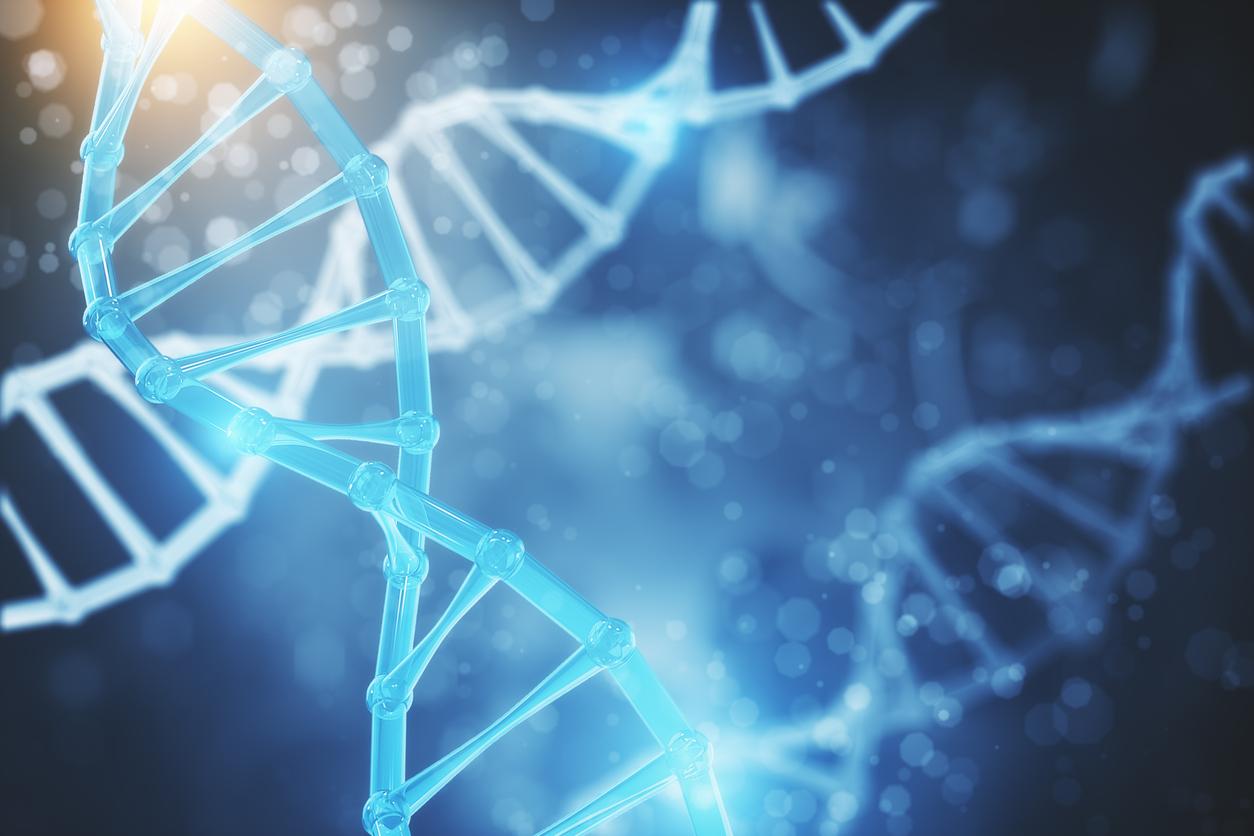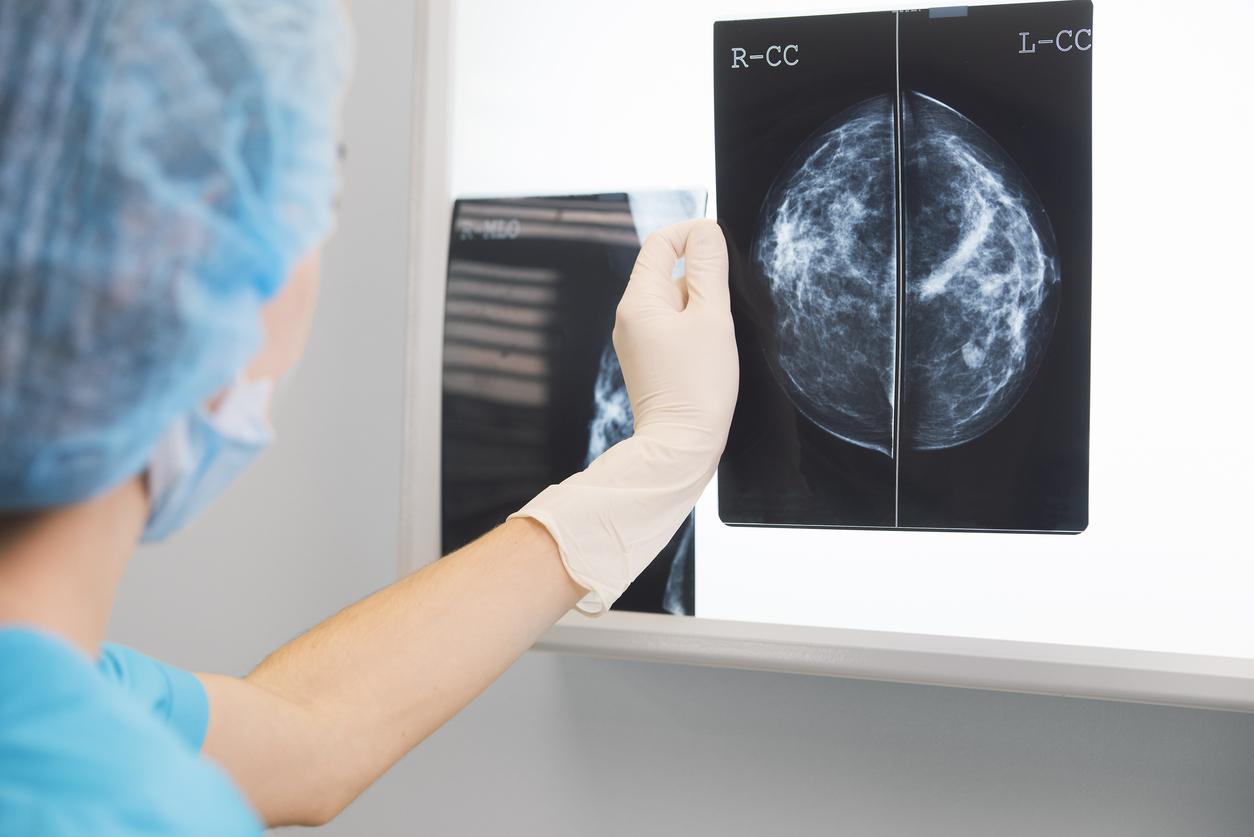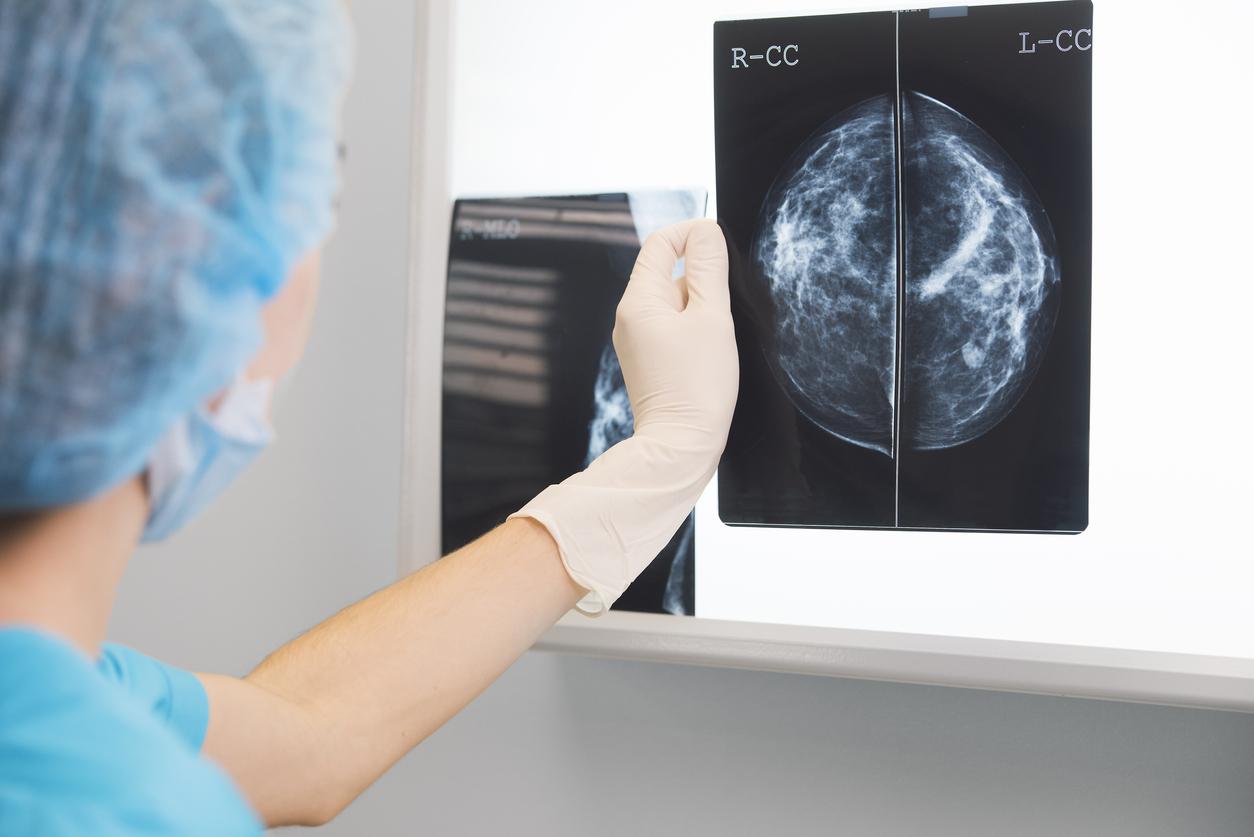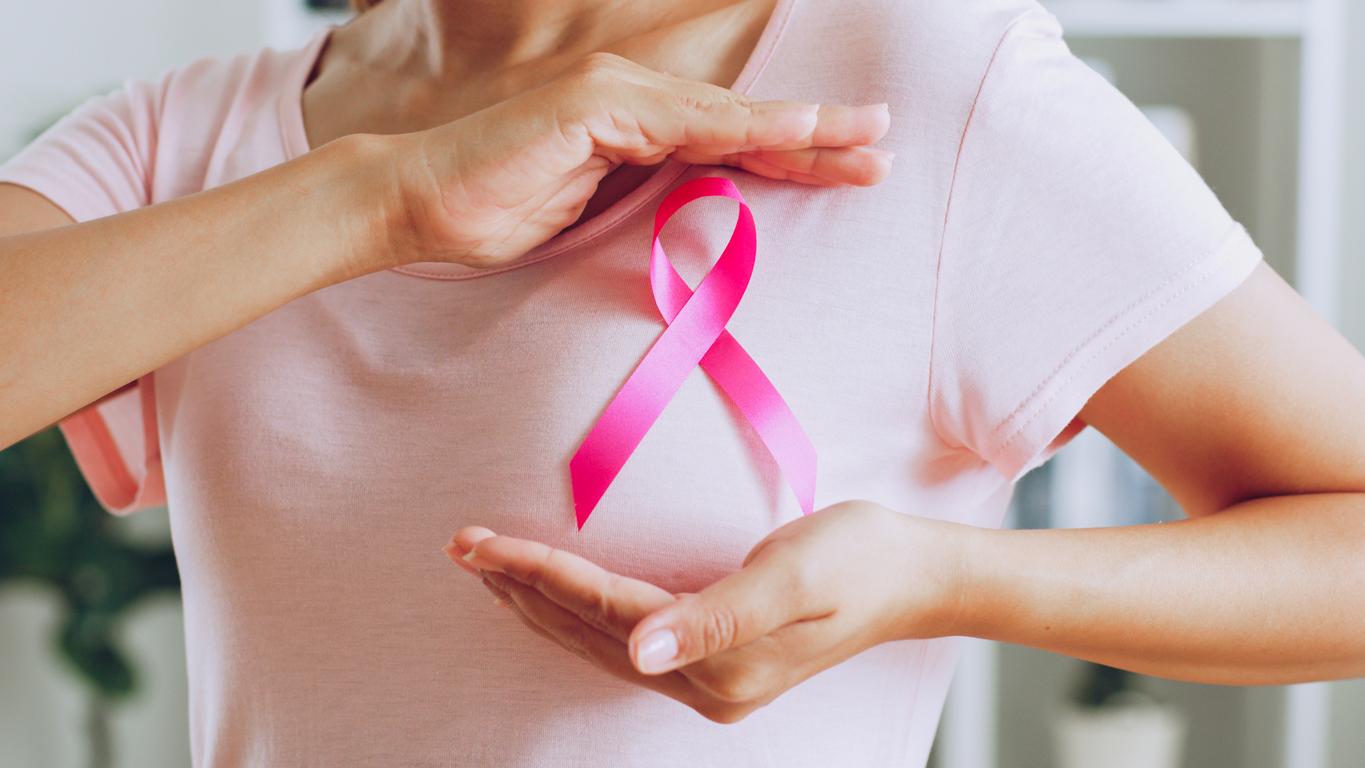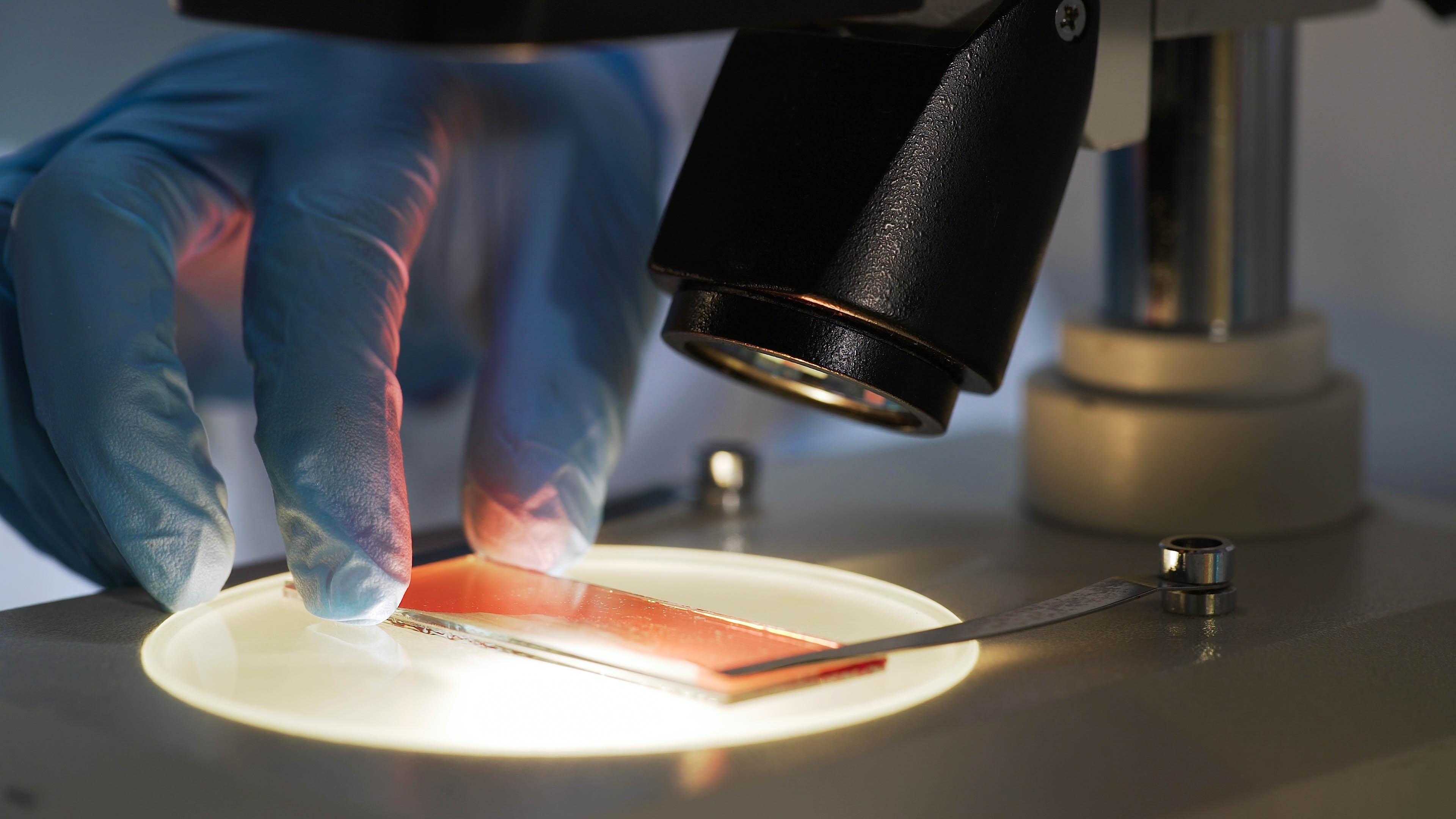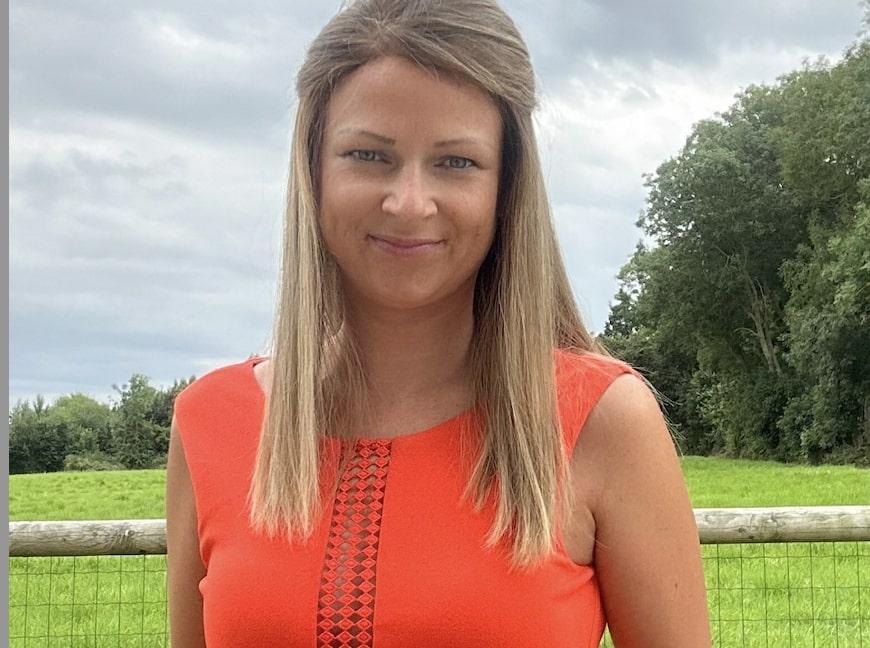15% of breast cancers in France are triple negative and therefore particularly aggressive, especially when they recur within a year of the end of treatment.
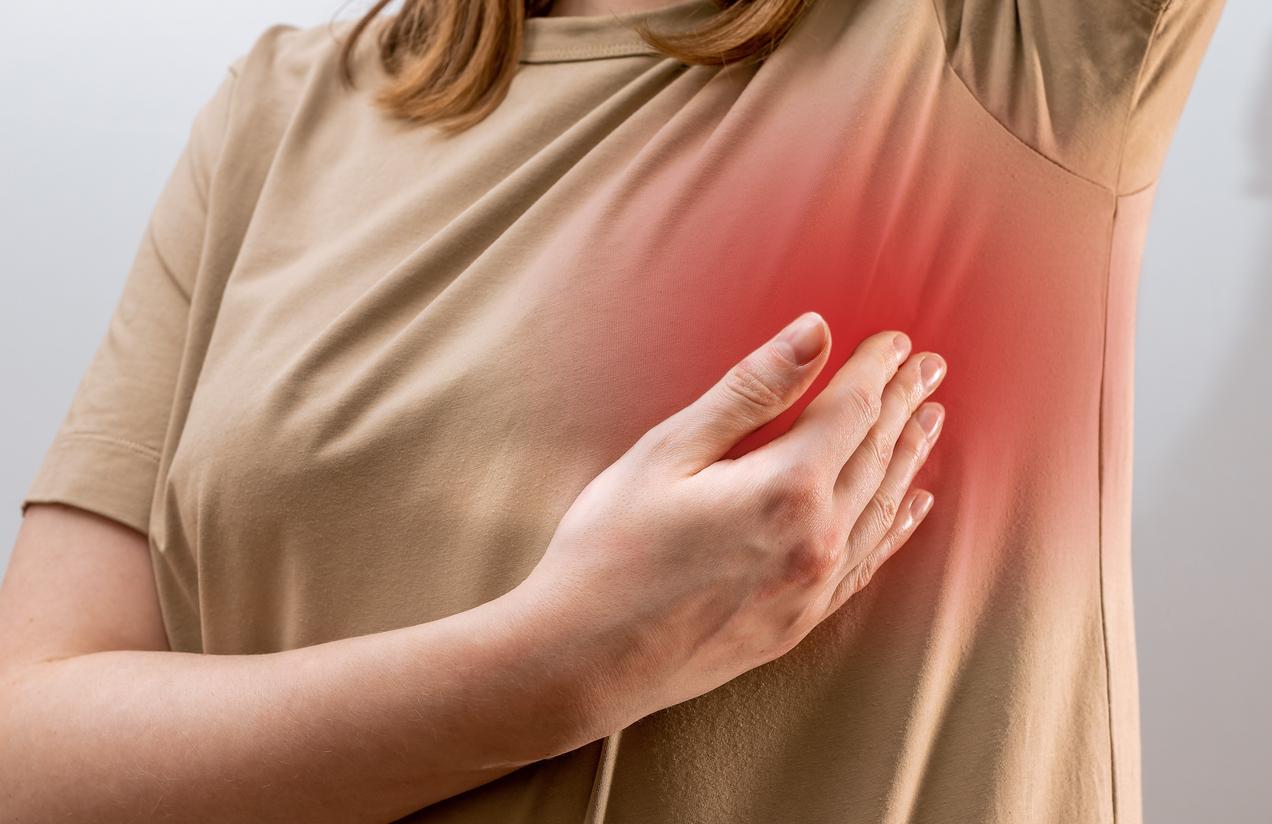
- A so-called “triple negative” breast cancer means that the tumors do not have hormone receptors and HER2 protein.
- Triple-negative breast cancer is difficult to treat, especially when it recurs within 12 months of ending existing treatments.
- To solve this problem, Gustave Roussy launched the COMPASS program.
This will finally give hope to women with recurrent triple negative breast cancer.
“Gustave Roussy announces the official opening of the COMPASS program, which brings together several clinical studies to provide these patients with new access to innovation. This initiative also aims to better understand triple-negative breast cancer and to better combat this pathology,” the hospital said in a press release. “This program was able to see the light of day thanks to the mobilization of civil society through a fundraising campaign led for three years by the Gustave Roussy teams as part of Pink October,” adds the research center.
Triple negative breast cancer in relapse: three clinical trials set up
Triple negative breast cancers that relapse less than a year after the end of treatment are particularly aggressive and unfortunately still without any real effective therapeutic offer.
To address this lack of alternatives, the first exploratory phase of the COMPASS program is made up of three phase I/II clinical trials which will evaluate in a limited number of patients:
– an antibody conjugated to a drug.
– An antibody conjugated to a drug and combined with immunotherapy.
– Cell therapy.
If any of the clinical trials show signs of activity, it will move into an expansion phase during which new patients will be recruited to confirm the anti-tumor activity of these innovative therapies and assess the tolerance of the treatments.
“At the same time, these different clinical trials will make it possible to create a vast clinical or biological database to identify new therapeutic targets in relapsed triple negative breast cancer, understand the biological mechanisms involved and identify early patients at risk of early relapse,” indicates the hospital.
Triple negative breast cancers: “their risk of relapse is high”
15% of breast cancers in France are triple negative, which means that the tumors do not have hormone receptors and HER2 protein, making them ineligible for certain treatments such as hormone therapy.
“For these often young patients*, the standard treatment protocol is based on chemotherapy, surgery and radiotherapy sessions. But despite the care, their risk of relapse remains high,” concludes Gustave Roussy.
*The median age of diagnosis for triple-negative breast cancer is 40 years.










